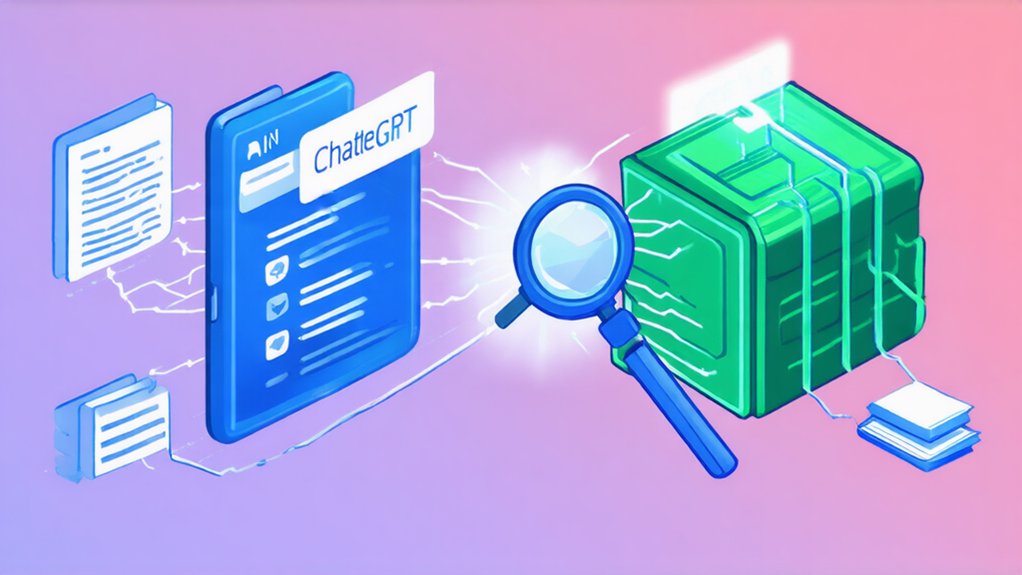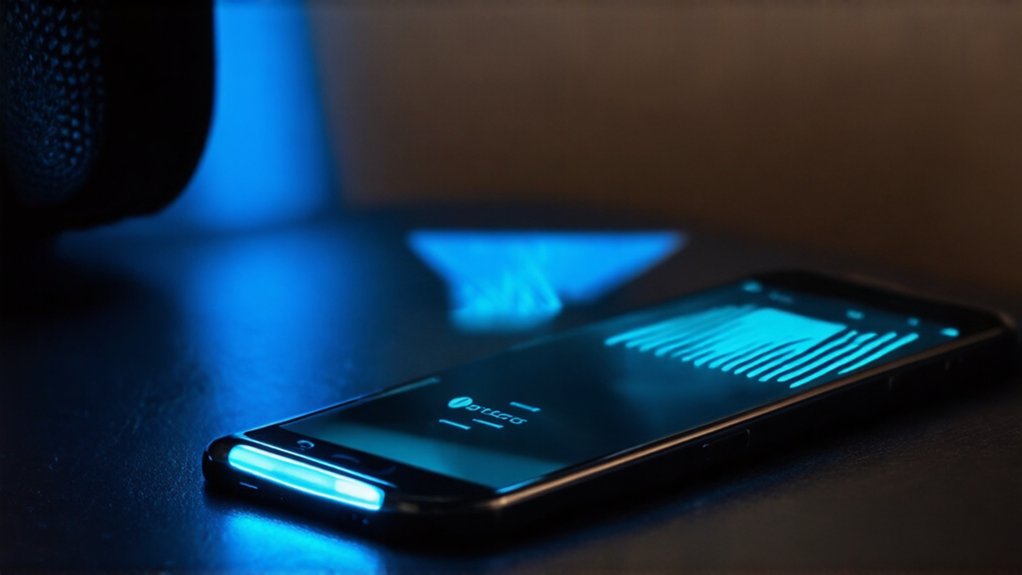While AI tools like Perplexity AI and ChatGPT flood the market, choosing the best for accuracy is no simple feat. Both claim to deliver reliable info, but let’s cut through the hype. Perplexity AI pulls from real-time web sources, offering instant answers with citations. ChatGPT, trained on older data, often recycles what it knows, which can lead to errors. It’s like comparing a live news feed to yesterday’s newspaper—useful, sure, but not always spot-on. This positions Perplexity AI as ideal for research and fact-checking.
Perplexity shines in fact-checking, linking straight to sources for verification. ChatGPT? Not so much; it hallucinates details sometimes, spitting out confident nonsense. Oh, the irony—AI acting human by fibbing. Core functionality-wise, Perplexity’s search engine vibe means fresher insights, especially for current events. ChatGPT relies on its vast but static knowledge base, great for general queries but a flop on breaking news.
Perplexity aces fact-checking with live sources, while ChatGPT hallucinates wildly—AI’s ironic human fibs at play.
Dig into information sources, and Perplexity edges ahead with direct web access and references. For instance, source citations ensure the reliability of Perplexity AI’s responses, as highlighted in comparative evaluations. ChatGPT draws from pre-2023 training, leaving gaps that frustrate users. Real-time info? Perplexity wins hands down.
Strengths? Perplexity’s accuracy-focused design makes it a reporter’s dream. ChatGPT excels in creativity, though that’s a double-edged sword—fun for stories, risky for facts.
Weaknesses hit hard: ChatGPT’s outdated info can mislead, while Perplexity might overload with details, overwhelming newbies. Use cases for accuracy? Perplexity fits research and journalism, minimizing misinformation. ChatGPT suits brainstorming, but double-check everything.
In this showdown, accuracy favors Perplexity, yet neither’s perfect. Choose wisely; your facts depend on it. Boom, there you have it—AI’s wild ride.




